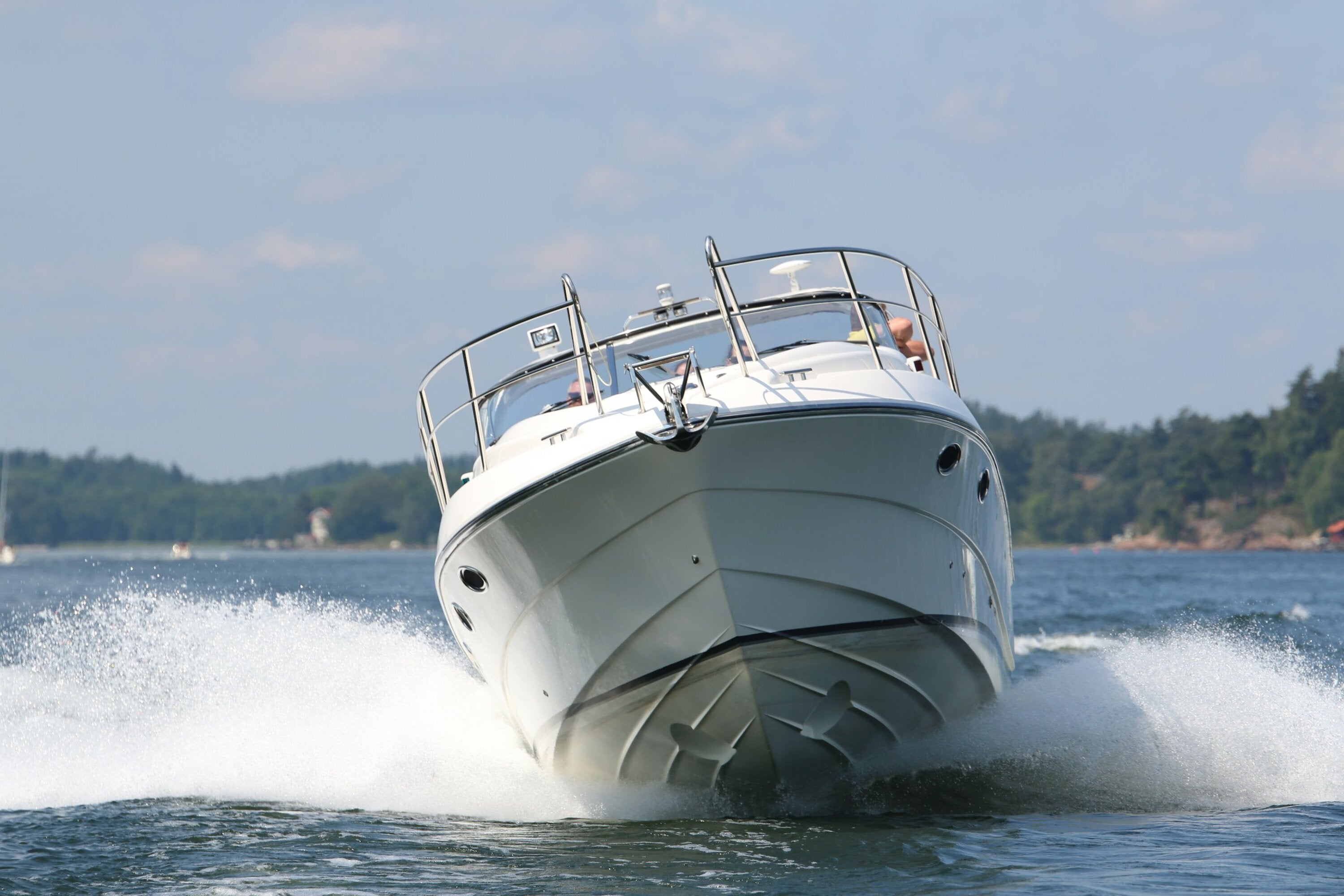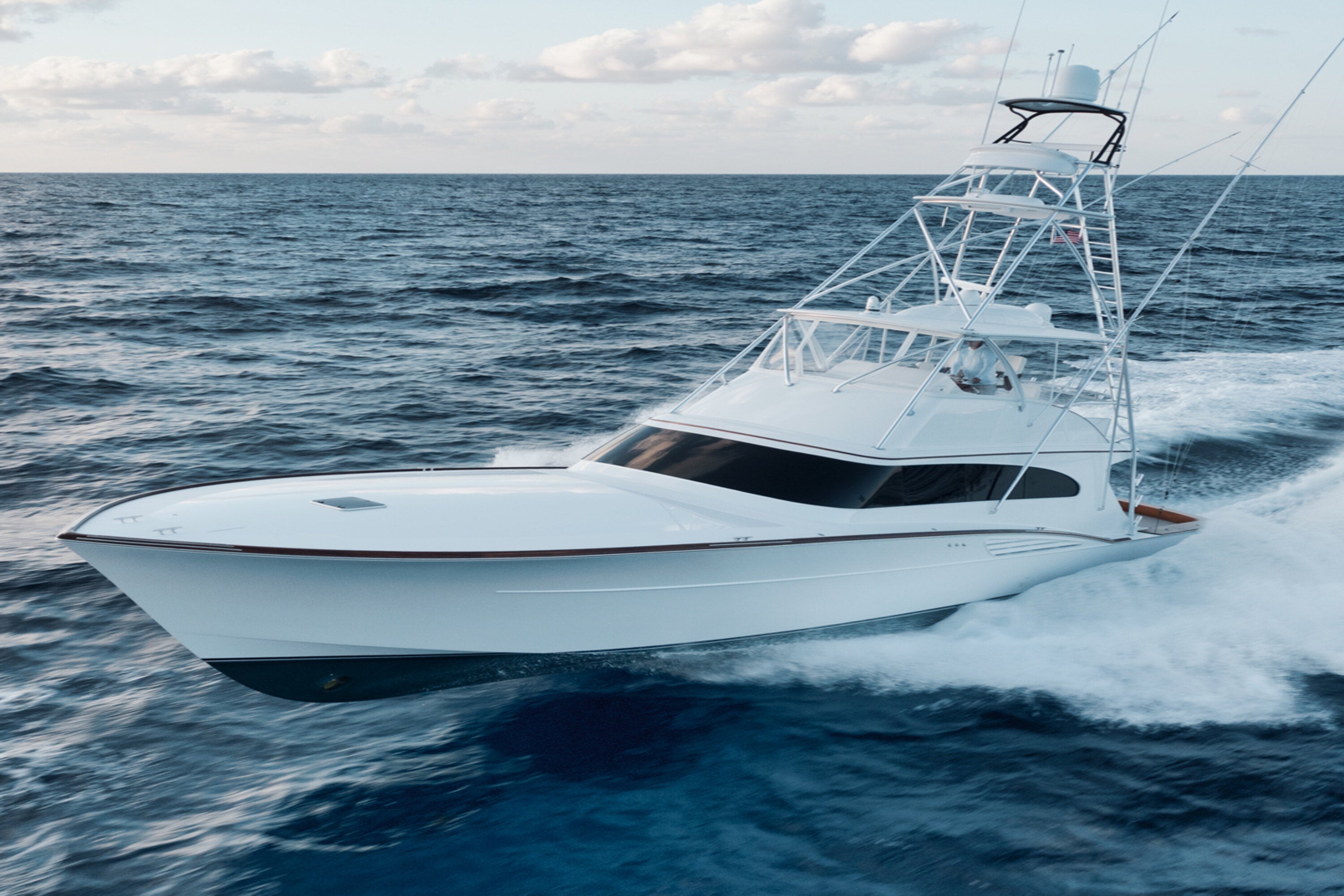Boating offers unparalleled freedom and adventure, but it's essential to prioritize safety on the water. Whether you're a seasoned sailor or a novice captain, understanding boating safety principles can ensure a smooth voyage for you and your crew. In this guide, we'll explore key safety tips and practices to help you navigate the waves with confidence.

1.Prepare Before Setting Sail:
Before embarking on any boating excursion, thorough preparation is crucial. This includes:
- Checking weather forecasts and water conditions.
- Ensuring your vessel is properly maintained and equipped with essential safety gear.
- Familiarizing yourself with local boating regulations and navigation charts.
2.Equip Your Vessel:
Having the right safety equipment onboard can make all the difference in an emergency. Essential items include:
- Personal flotation devices (PFDs) for every passenger, readily accessible and in good condition.
- A marine VHF radio for communication in case of emergencies.Navigation lights for nighttime visibility.
- A first aid kit stocked with essential supplies.

3.Practice Safe Navigation:
Navigating your boat safely requires knowledge of boating rules and proper techniques:
- Maintain a safe speed, especially in crowded or restricted areas.
- Keep a lookout for other vessels, swimmers, and obstacles in the water.
- Adhere to buoy markings and navigational aids to avoid hazards.
- Assign a designated driver who abstains from alcohol consumption.
4.Be Weather-Wise:
Weather conditions can change rapidly on the water, so stay informed and cautious:
- Monitor weather forecasts before and during your trip.
- Seek shelter if storms or adverse conditions arise.
- Know how to recognize signs of changing weather patterns, such as darkening skies, shifting winds, or sudden temperature drops.
5.Stay Connected and Informed:
Maintaining communication and situational awareness is vital for boating safety:
- File a float plan with a trusted friend or family member, detailing your intended route and expected return time.
- Carry a charged cell phone or satellite phone in a waterproof case for emergency communication.
- Monitor marine radio channels for updates on weather conditions, navigational hazards, and emergency broadcasts.
- Boating safety is a responsibility shared by every captain and crew member. By following these guidelines and prioritizing preparedness, vigilance, and caution, you can enjoy the thrills of boating while minimizing risks and ensuring a safe journey for all aboard. So, hoist the sails, throttle up the engines, and navigate the waves with confidence, knowing that you've taken the necessary precautions to stay safe on the water.



